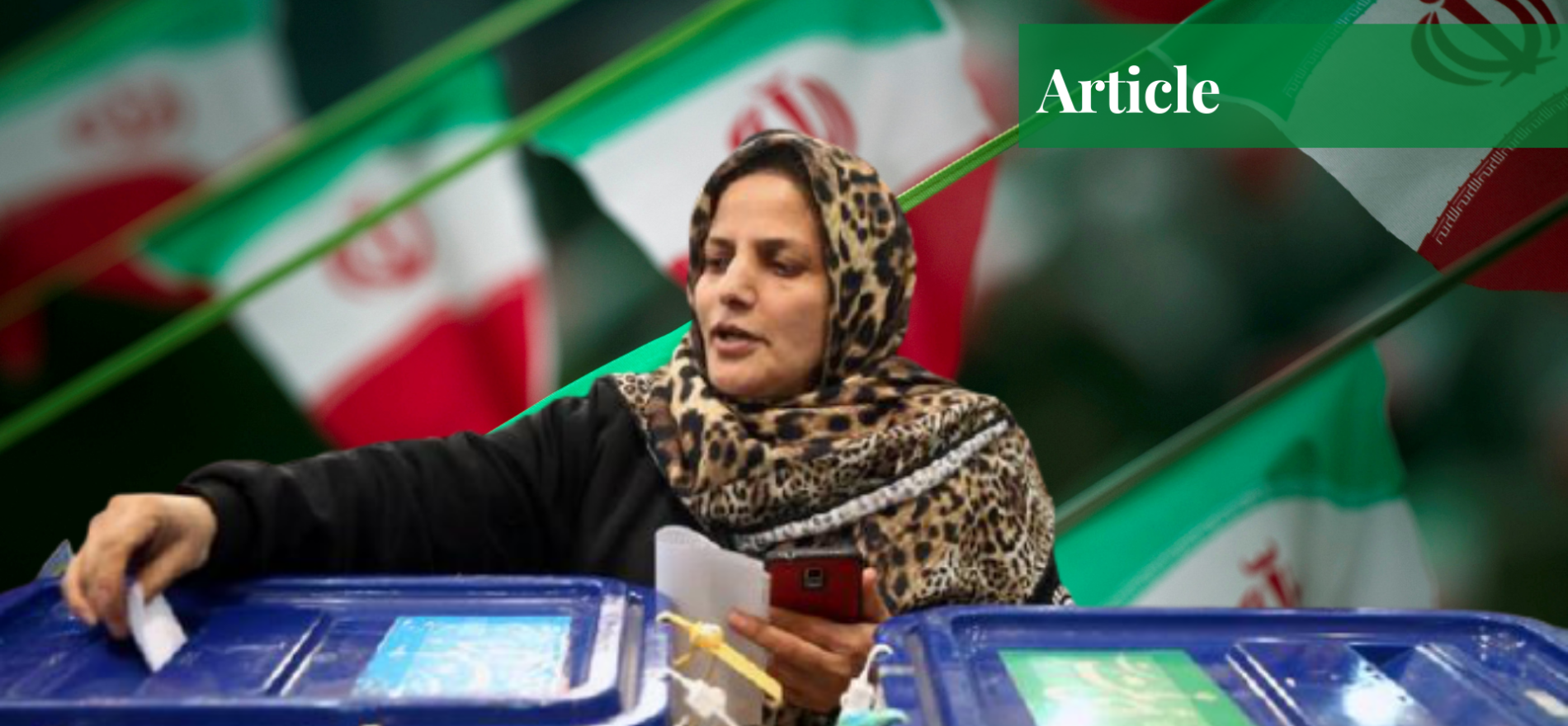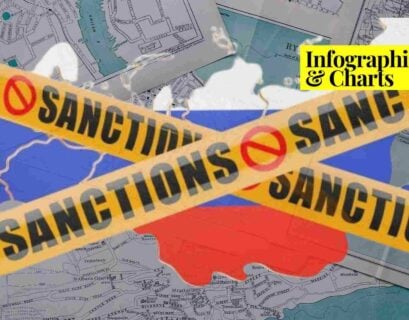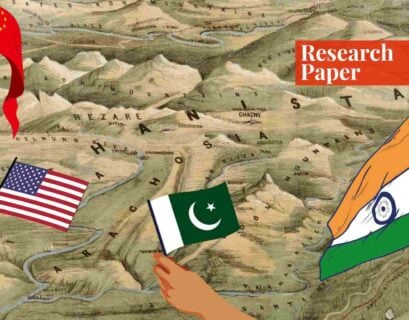Mr Muhammad Hamza Tanvir is an independent journalist and a political analyst, focusing primarily on regional and global strategic and political issues. He has authored numerous articles for different national and international publications.
The presidential elections in Iran are scheduled to be held on 18th June 2021. Many people outside Iran are aloof of the power-sharing structure of the Iranian government, and erroneously consider that the election might bring some sort of policy changes in the country’s policy. Keeping in mind the limited power of the president of Iran, the people in Iran are expected to be least interested in the election which can entail a low voter turn-out.
The battered form of economy and ongoing Covid-19 pandemic will also contribute to the less participation of people in electing the new president of the country. Most of the candidates which applied for running in the presidential race have been rejected by the Guardian Council.
The presidential elections in Iran are famous for being unpredictable, but the prevailing economic conditions and rejection of most of the candidates have made the election more dubious. The president will have to face many challenges because of the sanctions on the country and the limited powers granted to him.
Candidates for the Presidential Elections
Only seven out of the 529 candidates who registered for taking part in Iran’s presidential elections have succeeded in gaining the approval of the Guardian Council. The council comprises a panel of 12 unelected jurists and scholars. This panel is responsible for appraising the candidates and deciding their eligibility to contest for the presidential office.
Surprisingly, the council has also barred the former spokesperson of the incumbent Vice President of Iran Eshaq Jahangiri, Iranian parliament Ali Larijani and former president Mehmood Ahmadinejad. The council has disqualified all the 40 women who registered for participation in the election albeit there is no official restriction on women to take part in the elections.
Amongst the seven candidates accepted for the presidential election, five are considered to be the hardliners which are: former Supreme National Security Council secretary and nuclear negotiator Saeed Jalili; a former head of the Islamic Revolutionary Guard Corps (IRGC) and Expediency Council Secretary Mohsen Rezaei; MPs Alireza Zakani and Amirhossein Qazizadeh-Hashemi; Head of the judiciary Ayatollah Ebrahim Raisi.
The other two candidates are considered moderate and their names are Mohsen Mehralizadeh, head of Iran’s national sports organization and former governor of Isfahan, and Abdolnaser Hemmati, a technocrat and the former governor of the Central Bank of Iran.
The Leading Contender
Ayatollah Ebrahim Raisi is considered to be the most powerful candidate for the presidency of the country. He is most likely to not only win the elections but also to be the next supreme leader of the country. The main reason for him to be the most likely president is that the Guardian Council has been alleged to be involved in engineering elections for generating results that are acceptable for the current Supreme Leader Ali Hosseini Khamenei for many decades.
The recent decision of the council to bar a high number of the participants from contesting elections has fueled the rumors of partiality of the Guardian Council. It is accused by some that the imposition of the new restrictions on the presidential candidates is part of engineering the elections which could be attributed to the pre-poll rigging.
These restrictions include that a candidate must be between forty and seventy-five years old, which contributed to the disqualification of many candidates. The field of candidates was already restricted by the stipulation that the presidential candidate must be Shiite, which excluded not only the Sunni minority of the country but also barred the people belonging to other religions from participating in elections.
The establishment of Iran believes that the country is at a critical juncture and needs purification of the revolution. This belief is corroborated by the statement of the Iranian Supreme Leader’s close ally Mehdi Tayeb’s statement in which he emphasized that the country needed to purify its revolution. This notion is basically a series of five steps to impose the ideals of Khamenei in the country.
The rejection of the majority of the candidates and maneuvering the elections in the favor of Ayatollah Ebrahim Raisi seems to be a part of the same purification movement of the Iranian establishment. The incumbent Supreme Leader of Iran was elected in 1989 and, since then, he has worked with four administrations.
To achieve his goals, he has filled many influential posts in the army, judiciary, media, and religious organizations with his loyal hardliners. With the cooperation of the Guardian Council, he also succeeded in filling Iranian Parliament with his zealous hardline supporters in the 2020 elections.
It will be pertinent to say that the 2021 presidential elections will prove to be the last step in implementing his ideas in the country in true spirit, since Khamenei wants his visions and regime to outlive him. The success of Ayatollah Ebrahim Raisi could lead to a new wave of the theocratic revival in the country. All these factors also nullify that some other candidate might be elected due to the unpredictability of the Iranian elections in the past.
Powers of the Iranian President
Although the President of Iran is considered to be the head of the government, the Supreme Leader of the country holds the most sway. A president possesses limited powers; his duties include nominating the cabinet members and proposing the budget, which, then has to be approved by the legislators.
The Supreme Leader can even limit these responsibilities by using his influence. The government’s overall strategies are determined by the Supreme National Council of the country which is also under the influence of the Supreme Leader. All these factors can cause a perception that the presidential elections hold no or little significance which can then entail a low voter turn-out in the 2021 elections in Iran.
Can Elections Cure the Illness of Iran?
The most perturbing domestic issue is its deteriorated economic condition. The economy of the country has been solemnly damaged after the withdrawal of the United States from the nuclear deal in 2018. The coronavirus is still a major looming threat in Iran as the country has the highest death tolls among the Middle Eastern countries.
The pandemic restrictions have further enfeebled the economic condition of the country. So, negotiations with the US or looking for some alternate source like China for deterring the sanctions would be the greatest challenge for the next president. For ending the sanctions, the next president should follow a prudent approach which is only possible by the approval of the Supreme Leader as he holds the reigns of the country in actuality.
Iran’s repudiation of its commitments under the agreement after the sanctions by the US has coerced the countries to return to the deal. It is assumed that Khamenei supports the negotiations and an agreement might be finalized by August 2021.
Meanwhile, the hardliner approach of the country is not expected to change because the main policies of Iran are made by the conformity of its Supreme Leader. This also negates the notion that the success of moderate candidates could mitigate the inflexibility of the country.
If you want to submit your articles and/or research papers, please check the Submissions page.
The views and opinions expressed in this article/paper are the author’s own and do not necessarily reflect the editorial position of Paradigm Shift.



















